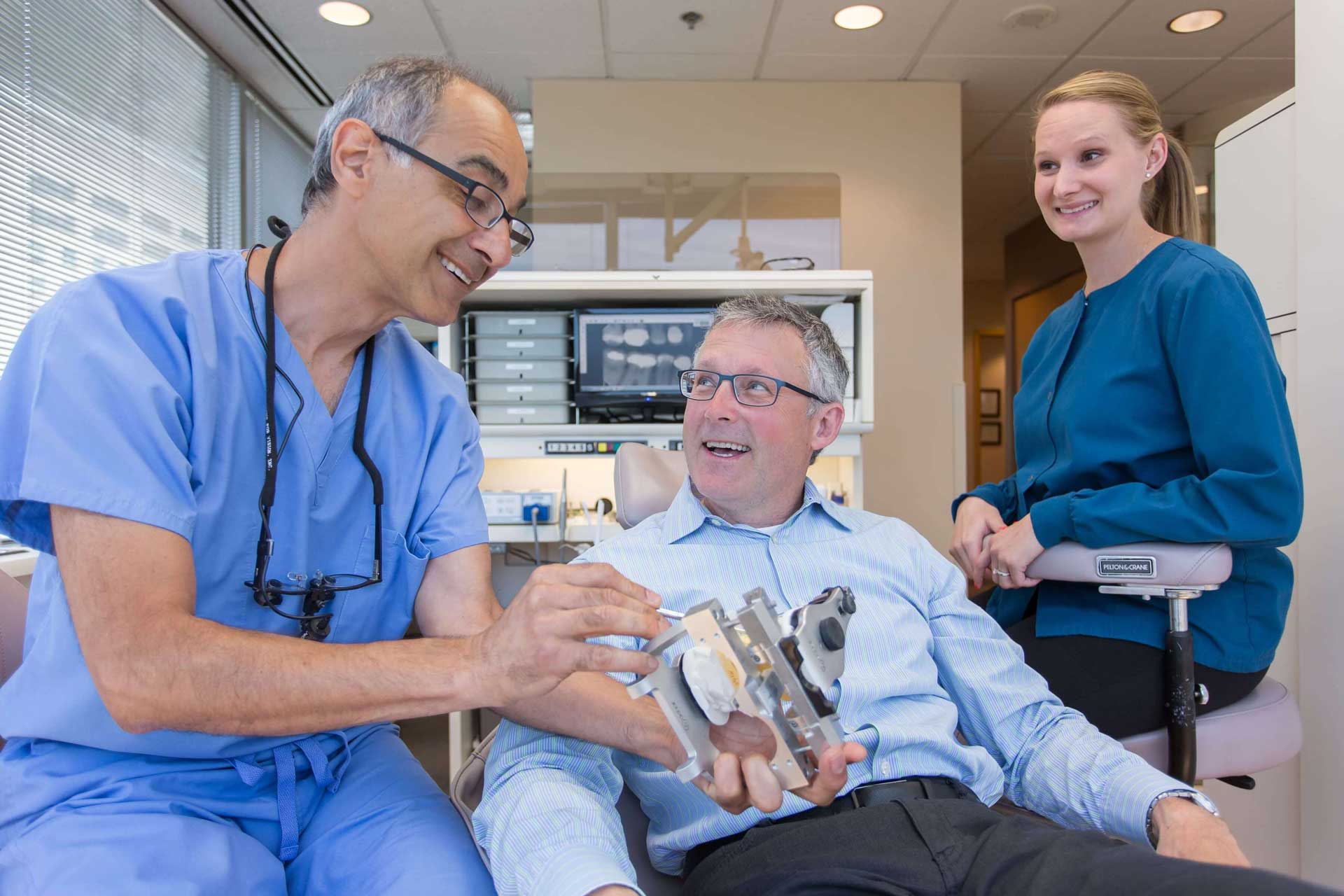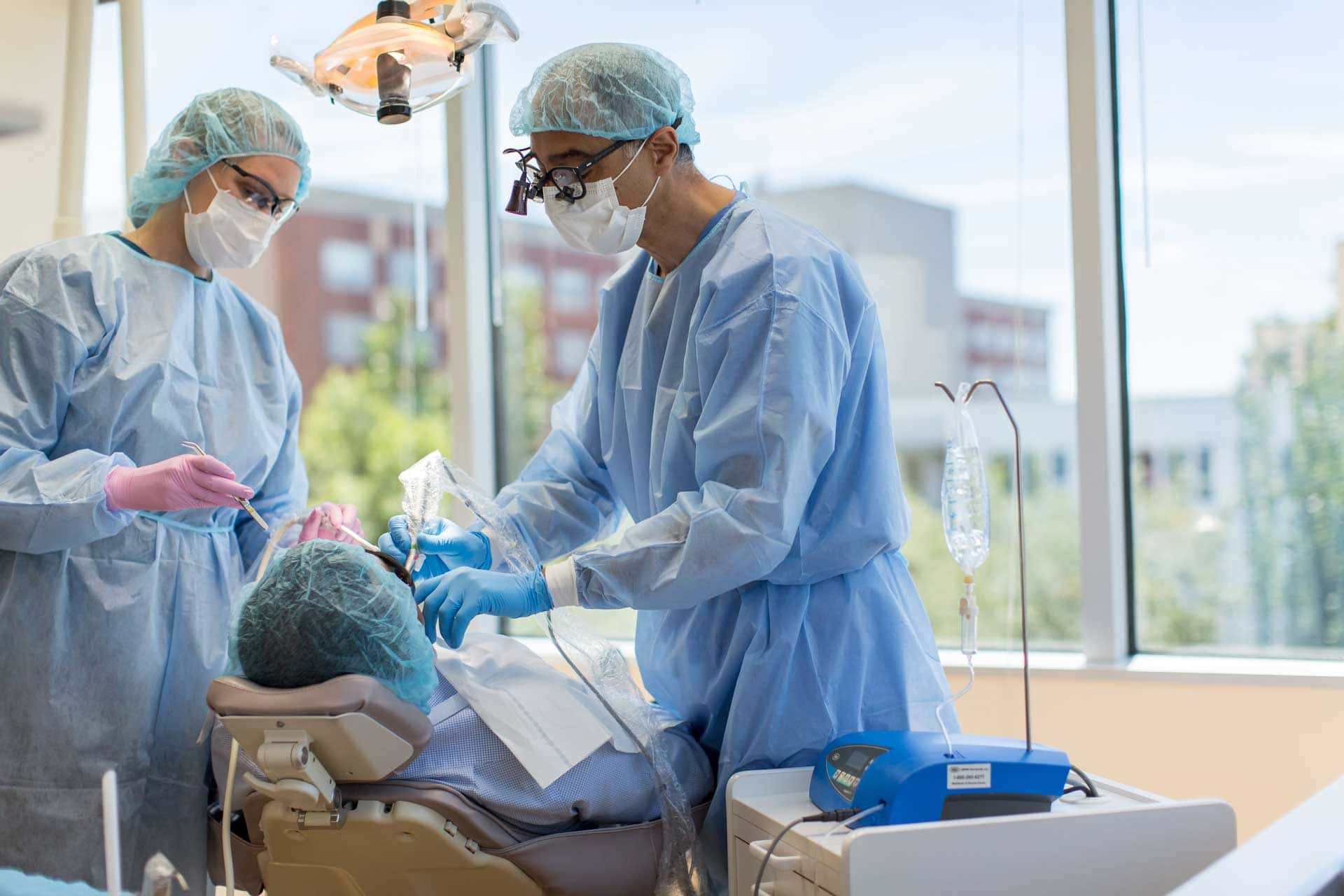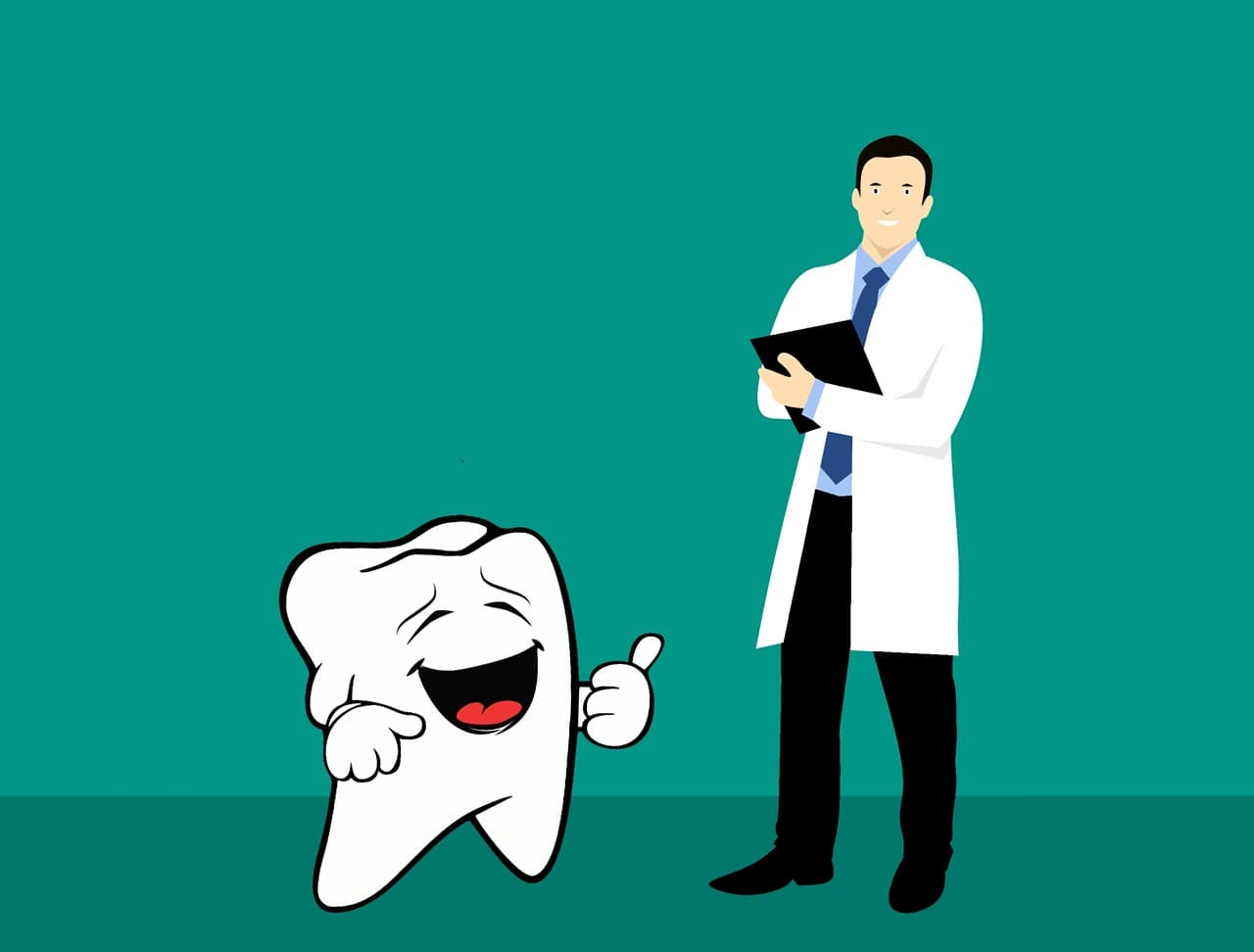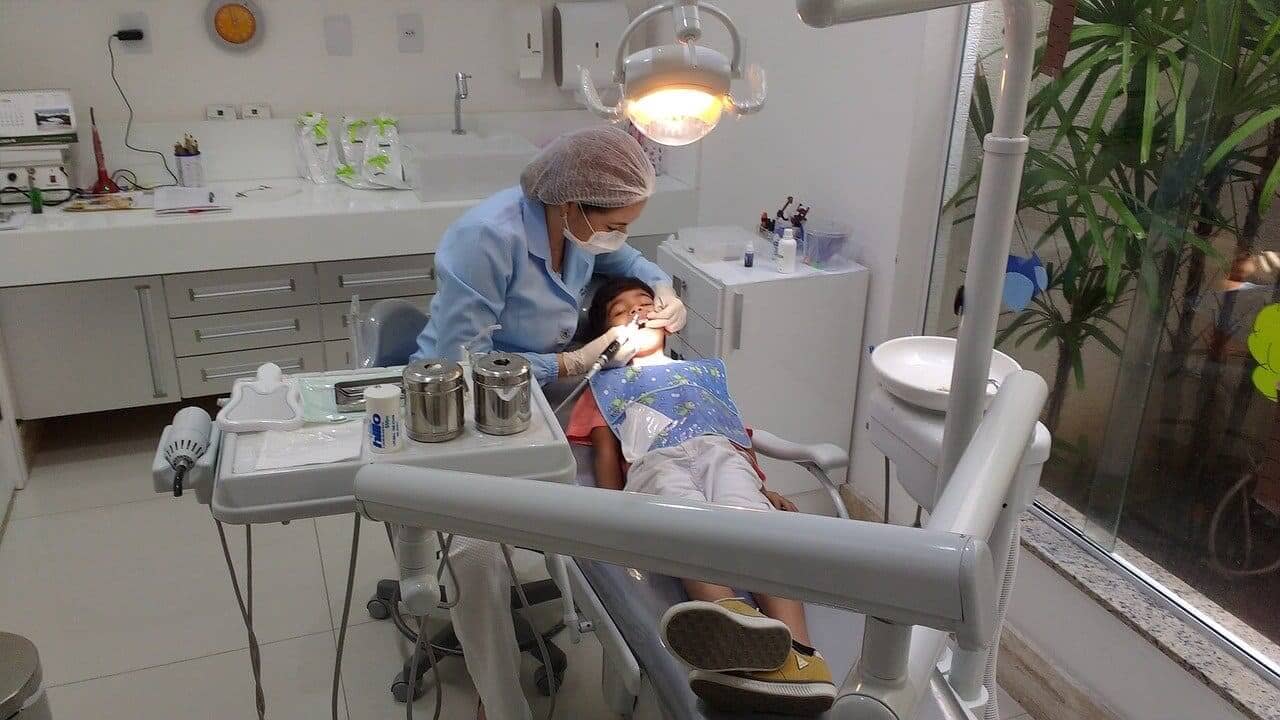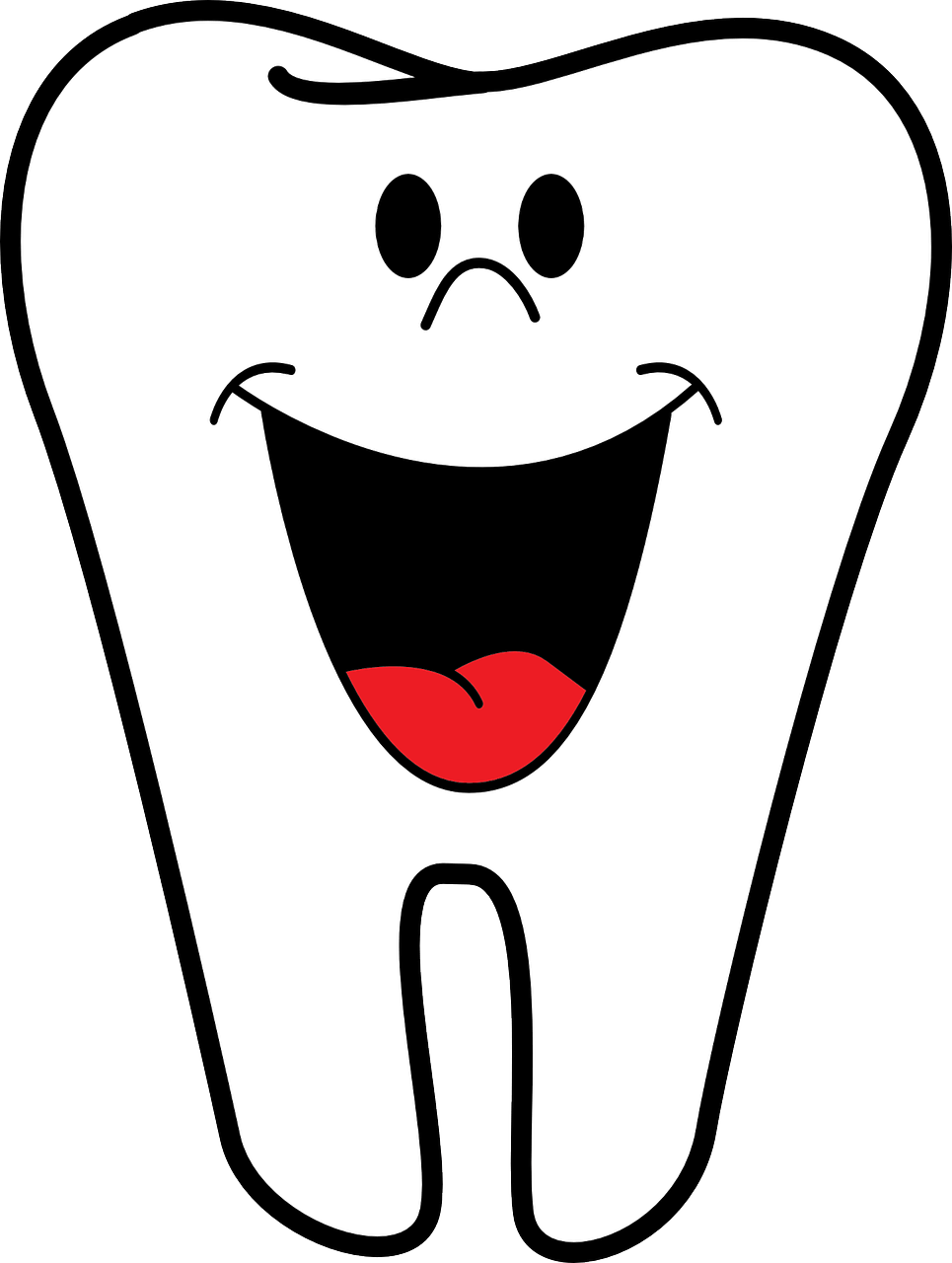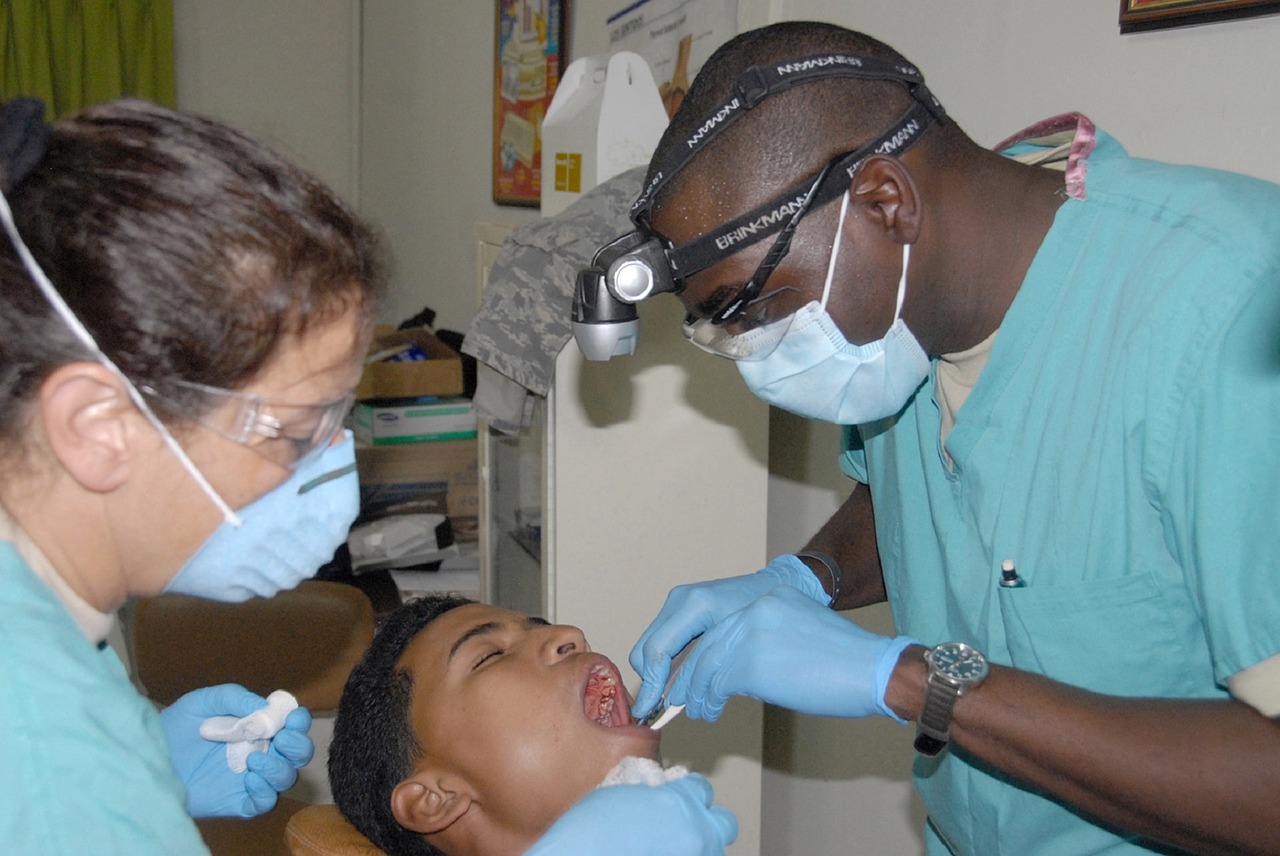Wisdom teeth are also referred to as third molars. They are called “wisdom” teeth because they typically appear much later than the other teeth. Instructors often gave them a lot of problems when they emerge sideways or become impacted. On average, most people have four wisdom teeth or third molars; the absence of one or more is called hypodontia. When one or more extra structures are present, they are referred to as supernumerary teeth.
Impacted wisdom teeth are the third molars at the back of our mouths. They are the last adult teeth to emerge and often do not have enough space to grow properly. Typically, people have four wisdom teeth: two on the top, one on each side, and two on the bottom. When they become impacted, they can be very painful, damage other teeth, and cause other dental problems. Oral surgeons and dentists often recommend removing impacted teeth to prevent future problems.
Types of Impaction:
1. Mesioangular impaction is the most common, occurring 44% of the time. The tooth is angled forward towards the front of the mouth.
2. Vertical impaction happens when the wisdom tooth does not fully break through the gum line, occurring around 38% of the time.
3. Distoangular impaction occurs when the tooth is angled backward, which only happens 6% of the time.
4. Horizontal impaction, occurring only 3% of the time, means the wisdom teeth grow at a 90-degree angle towards the adjacent molars.
Procedures After Extraction:
After extracting a wisdom tooth (or a set of wisdom teeth), it’s recommended not to rinse the mouth immediately to allow blood clots to form, promote healing, and prevent further bleeding. Offensive odors and a foul taste in the mouth are normal due to bacteria and blood in the extraction socket. It’s advised to visit the dentist again seven to ten days after extraction to ensure the socket is clean and free of infection.
Causes for Infection:
Impacted teeth are enclosed in soft tissue and the jawbone, with only partial emergence through the gum. The resulting opening around the tooth allows bacteria to enter the area around the teeth. Since this area is not easily accessible, cleaning these teeth and the surrounding gums becomes very difficult over time, leading to infection, jaw stiffness, pain, swelling, and oral sensitivity. In some cases, general illness may also follow. Brushing and flossing become very challenging.
Evaluating Alignment:
X-rays are taken periodically, and the dentist evaluates the alignment and presence of wisdom teeth. If an impacted wisdom tooth is noticed, extraction is often recommended to prevent future problems. It’s easier to perform extractions in younger individuals because their roots are not fully developed and the bone is less dense, leading to a shorter recovery period.
An impacted wisdom tooth can be very painful, so it’s best to have it removed. At a reputable dental practice, you’ll find highly skilled dentists experienced in extracting impacted wisdom teeth.


